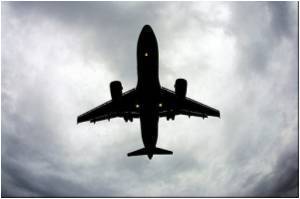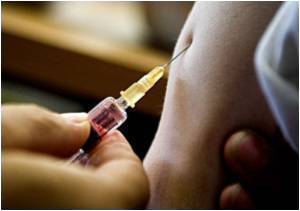
But new research published at the annual scientific meeting of the Australian Society for Infectious Diseases in Canberra shows that this approach may be missing half of the cases transmitted on flights.
The research by Gary Dowse from Western Australia's Communicable Disease Control Directorate and colleagues said there was a low risk of catching measles on a plane in Australia, where the disease has been eliminated.
But in those cases where an infection was transmitted, it took an average of eight days before the patient was diagnosed, health officials informed, airlines and customs contacted and the passengers' details retrieved.
By this time, the window in which to administer a vaccine or other preventative medical help had been lost, Dowse said.
"So in most instances our policy is ineffective because we find out too late," he told AFP ahead of the release of the study.
Advertisement
The study looked at all measles cases notified in Australia between January 2007 to June 2011 in which the patient was likely to have been infectious while travelling on a plane.
Advertisement
Some 45 percent of these secondary infections were found in people sitting within two rows of the index case while 55 percent were seated elsewhere.
"Even if we could get to them in time, at best we could only help 45 percent of the cases," Dowse said.
He added that it was not known why this occurred, but noted that people frequently moved up and down the aisles and to the bathroom on flights.
"People may actually be infected not on the plane, but in the check-in queue," he said.
Dowse said it would be "completely daft" to trace every passenger on a plane, but said authorities needed to consider other strategies.
"We recommend that direct contact tracing to identify susceptible people exposed to measles cases on aeroplanes should not be undertaken routinely, and other strategies should be considered," he said.
Source-AFP










